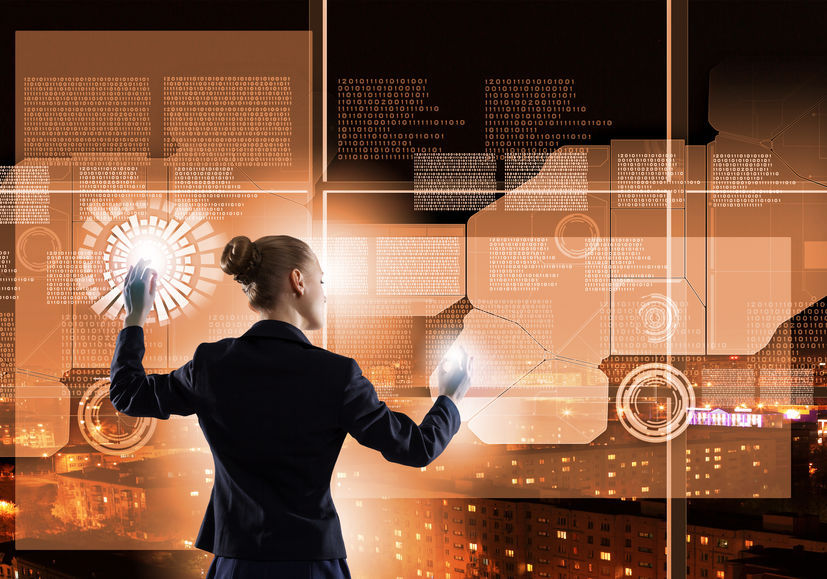Assemblyman Ron Kim (D-Whitestone, Flushing, College Point, Murray Hill) organized a virtual meeting yesterday invited experts from around the world to discuss the challenges in containing the spread of COVID-19 while protecting the public’s privacy.

“We are as strong as the weakest link. And there are so many people that are unemployed, undocumented, uninsured. How do we get these people to trust us and to get tested?”
The answer to this may be mobile testing units. On Wednesday morning, Kim – along with colleagues U.S. Rep. Grace Meng, State Sen. John Liu and City Councilmember Peter Koo – launched Flushing’s first mobile testing unit, mimicking similar efforts in that have been employed in South Korea.
The unit consists of a portable phone booth-style cubicle enclosing a health worker that can test people on a walk-through basis. This would bring COVID-19 testing to people who live in “bottleneck communities”, who may otherwise have limited access to testing centers or who are afraid to go to hospitals due to ICE concerns.
After individuals have been tested positive for the virus, they could share this information anonymously with anyone that has come in contact with them, through digital contact tracing technology.
Mike Toutonghi, a former Microsoft executive currently working on digital contact tracing technology, says that tech giants Google and Apple want to implement the software in all cell phones to help health officials track the spread of the virus.
To address the issue of privacy, Toutonghi turns to the Verus protocol he is developing. “This method protects your privacy and lets people know that they interacted with someone that tested positive, but does not reveal who it was or where the interaction took place,” says Toutonghi.
“We will allow people to publish a diagnosis key that, without showing your private information, will inform everyone using Apple-Google protocol that they interacted with someone who tested positive.” When people know they interacted with an infected person, they can get tested and quarantined, thereby minimizing the risk of spreading the virus to others.
Prof Robert Hockett, Edward Cornell Professor of Law, says effective tracking of the virus would allow cities to reopen their economies, pointing out that the culprit behind the current recession is a lack of information about who is infected.
“We know that only a small percentage of people are infected, and only a small percentage of people will be severely impacted, but we dump it all because we don’t know who those infected individuals are. So we grind everything to a halt because of lack of information.”
Once the virus’ spread can be traced person-to-person, says Prof. Hockett, healthy individuals would be able to return to work, while only those individuals that are infected or came in contact with an infected person are quarantined. This would slowly allow officials to reopen the economy without putting the public health at stake. The method could also be adapted to help cities brace with future pandemics without shutting down the economy.
As researchers work on other issues regarding COVID-19 testing – including addressing false positives and supply-chain issues – and developing effective COVID-19 treatment methods, widespread testing in combination with digital contact tracing could help society turn back to normal without risking the public health or the economy.
“It doesn’t have to be a tradeoff,” says Prof. Hockett.








